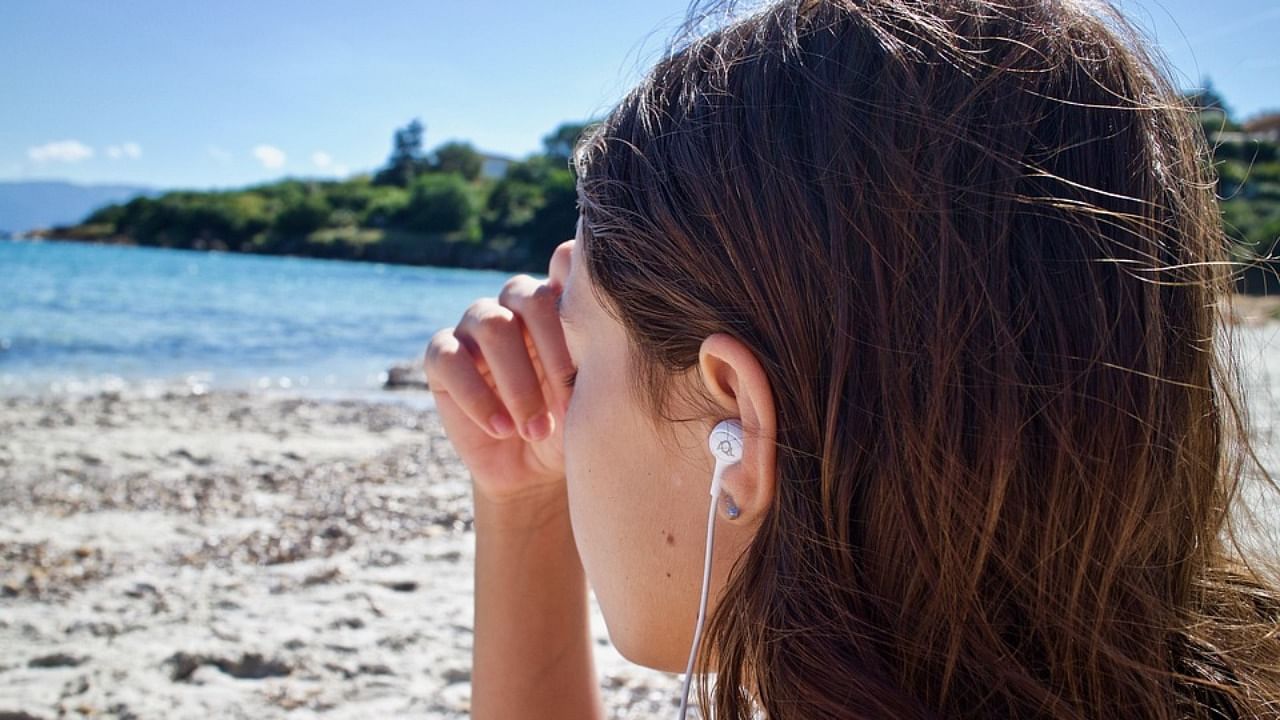
Speech and hearing experts have adviced people to take care of their health and avoid exposure to excessive levels of noise, even music, as World Hearing Day is celebrated on March 3, Thursday. The theme for this year is, ‘To hear for life, listen with care!’
U Ajith Kumar, professor of Audiology, All India Institute of Speech and Hearing (AIISH), said that even loud music can induce hearing loss.
Speaking to DH, he said, ''The leading preventable cause of acquired permanent hearing loss is exposure to excessive levels of noise.''
''Exposure to prolonged loud noise leads to irreversible loss of sensory cells in the ear. Traditionally, hearing loss due to noise exposure was a condition seen among adults, who worked in noisy occupation or used firearms. However, nowadays there is growing concern over hearing deterioration following noise exposure via music. Loud music, if listened to for long durations at increased volume levels, might result in permanent noise-induced hearing loss,” he said.
Kumar said, ''The habit of listening to loud music is common among young adults. The development of digital technology has produced new kinds of personal music systems. Because the music players are equipped with snuggly fit earphones, sound leakage is almost absent. This means that music players can be played at very high volumes without disturbing others. Hearing loss induced by ‘music’ has evolved into a significant social and public health problem.''
''Recognising this menace of loud music, the World Health Organisation is spreading awareness about safe listening habits. Therefore, this year’s World Hearing Day is celebrated with the theme: ‘To hear for life, Listen with care’. Currently, there are no standards or regulations governing safe levels in these music systems. The standards based on the industrial noise exposure is used as a guideline for music listening as well,'' he pointed out.
The Union Ministry of Environment and Forests has issued guidelines for maximum allowable noise levels. The maximum allowable noise dose for an eight-hour period is 90 dBA per day, with a ‘5 dB exchange rule’, Kumar said.
Every 5 dB increase in the exposure level will be compensated by halving the exposure time, to keep the risk constant. Still, the maximum permissible levels are not considered completely harmless, he added.
''Research at the AIISH shows that sound levels in personal music systems are in the range of 80-120 dBA range - much higher than safe limits. Our normal conversation is about 60 dBA, noise of a jet plane is around 140 dBA and that of firecrackers are in the range of 80-100 dBA. We surveyed 3,000 young adults to document and qualify the use and affects of music listening habits among young adults. More than 60 per cent of the surveyed population listened to music using some sought of personal music system. About 27 per cent reported some sort of hearing or ear-related problem,'' he said.
''On an average, individuals who listened to loud music using personal music system had poorer hearing acuity than those individuals who did not use personal music systems. Individuals who listened to loud music had more difficulty in understanding speech, especially in the presence of background noise. Furthermore, we found that there were some irreversible damage to sensory cells and nerves in the auditory system in individuals who listened to loud music using personal music system. Our research has shown that most of the personal music systems - mobile players, computers, laptops, tablets - produce safe sounds when played at 60 per cent-75 per cent of their total volume control levels,'' Kumar added.
Check out the latest DH videos here: